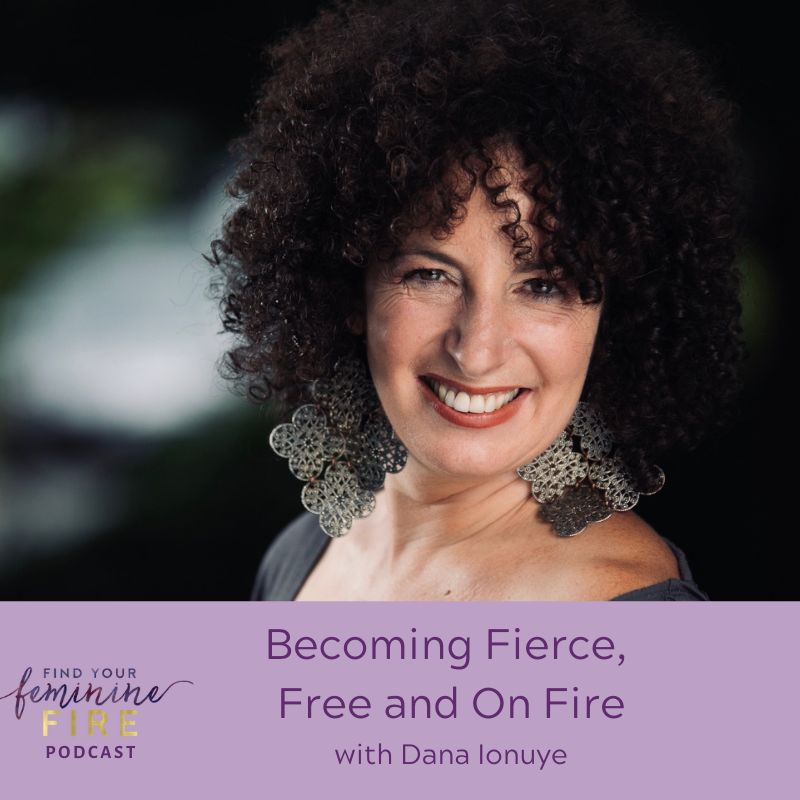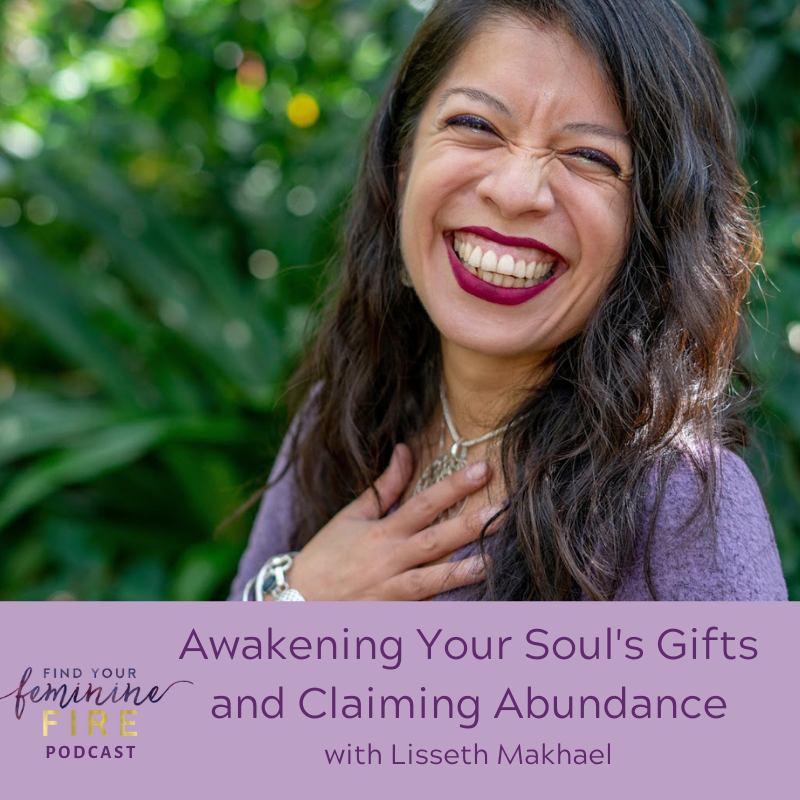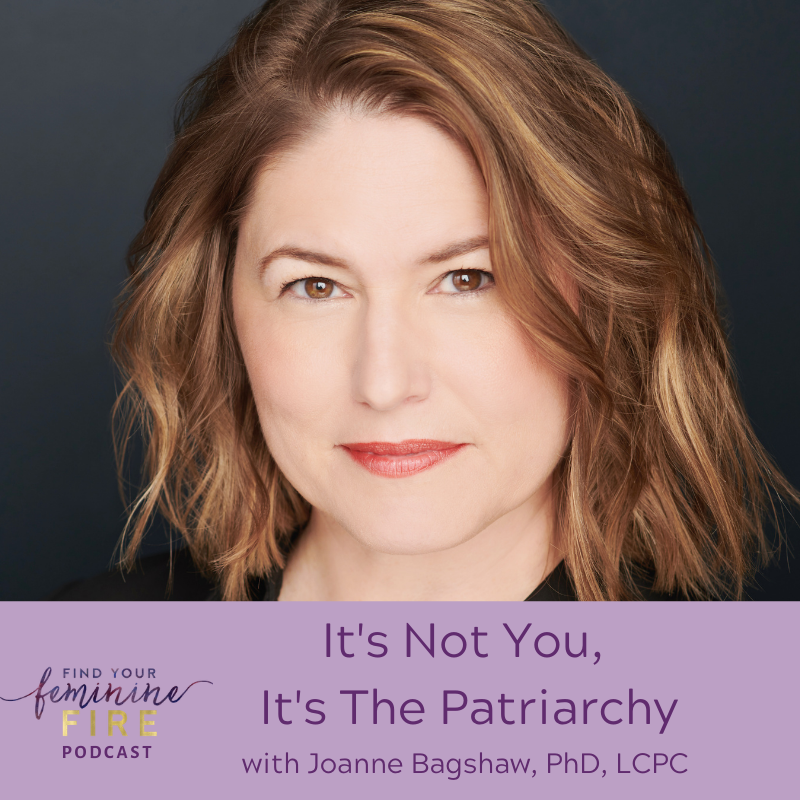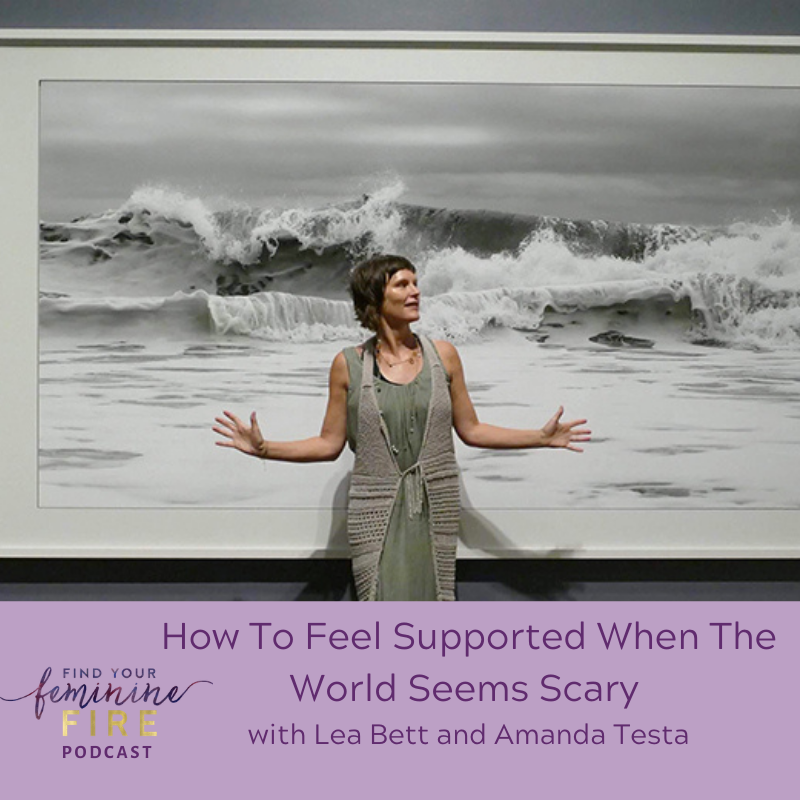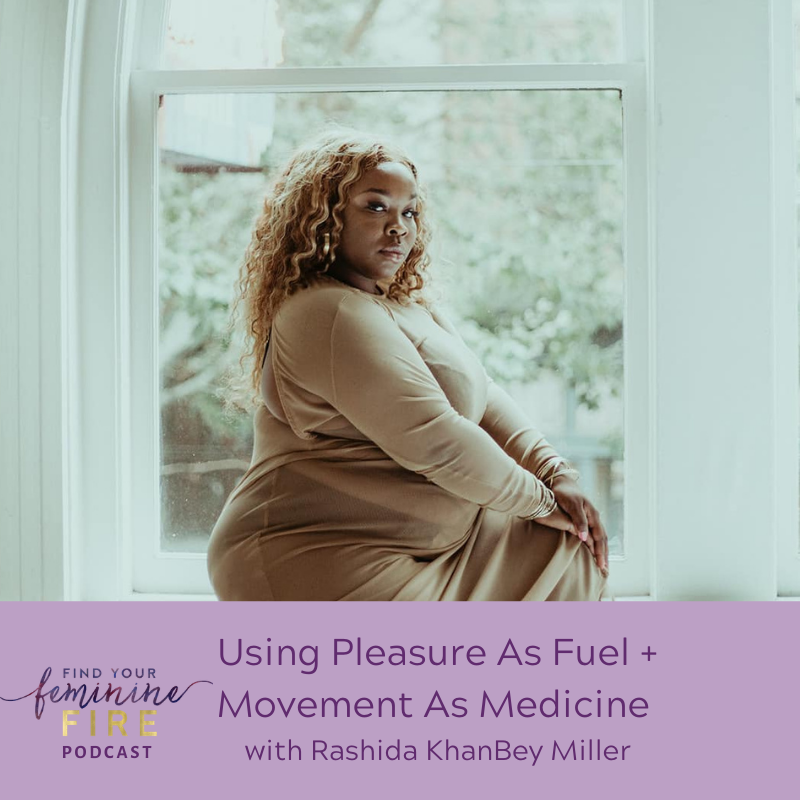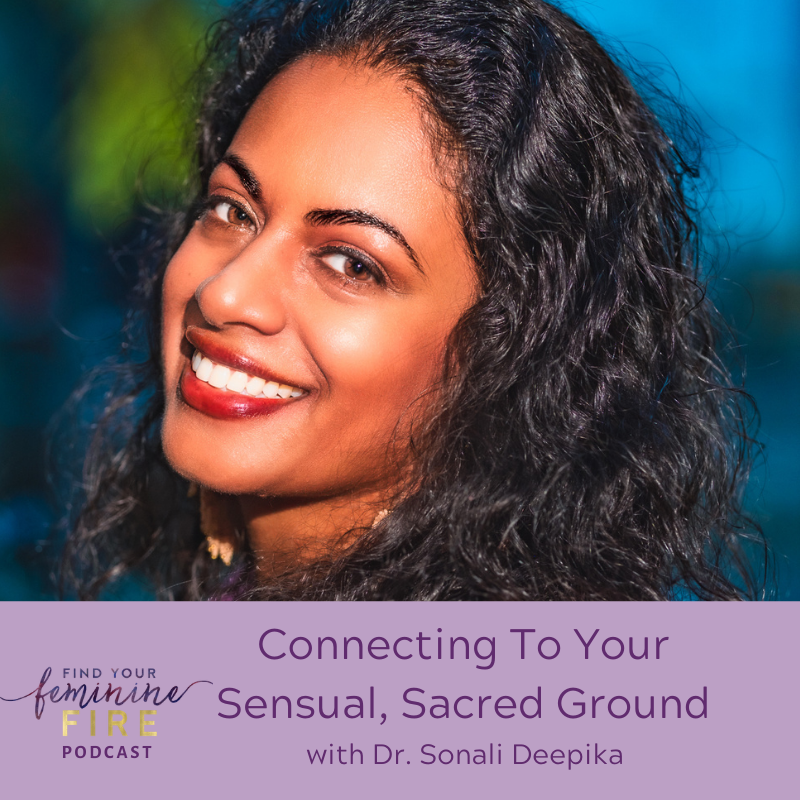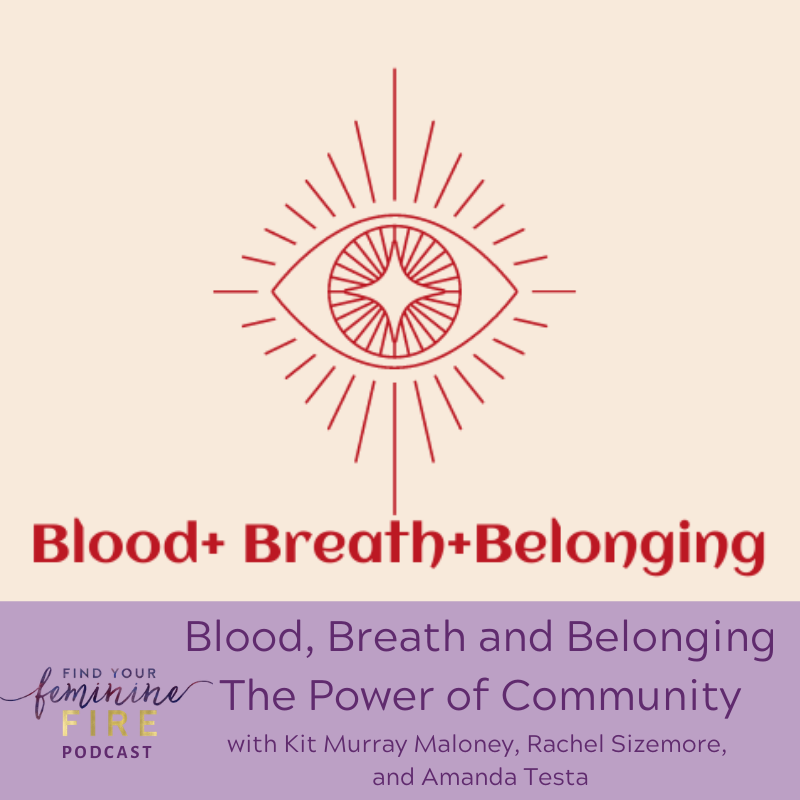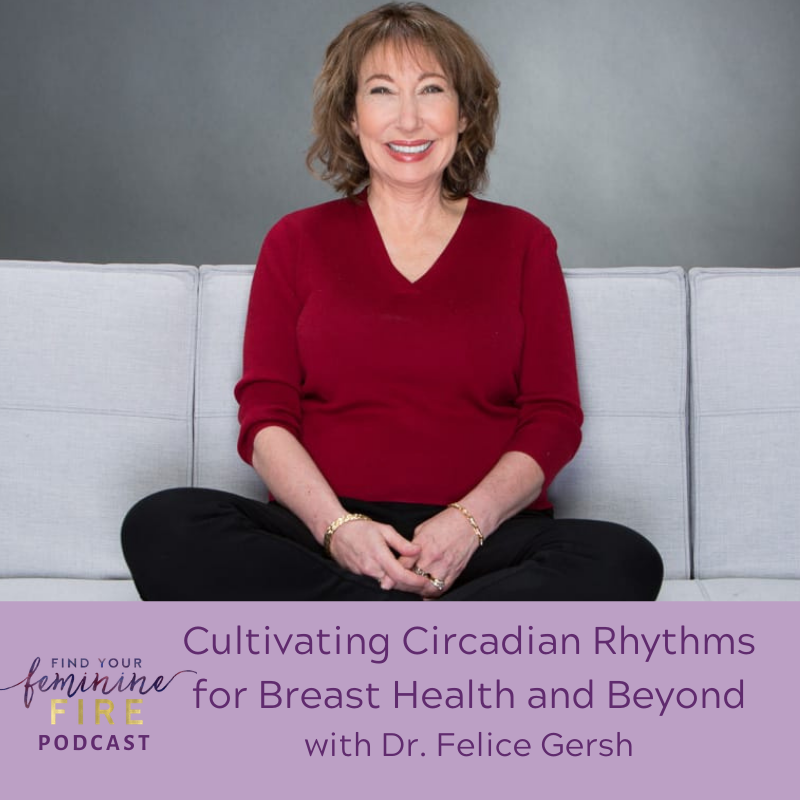How to Harness Your emotions To Fuel Your Fire
Dana Inoyne is the type of women who’s energy just draws you in, and I am always so inspired by her work, and her passion for helping women become fierce, free and on fire!Tune in to this week’s podcast episode as we dive into using our emotions to Fuel Our Fire. She’s also a mom of 4 so totally gets the balance of finding the magic through our mess, and getting intimate with the mess of our emotions.
Listen below, or tune in via: Apple Podcasts,Stitcher or Spotify.
In this episode you’ll discover
How to shift the paradigm on how we pursue and achieve goals/self-actualization.How to unlock the core of who you are through your emotions. Letting anger be a portal to tenderness.Why it’s so key to FEEL our emotions.And how we can move through the mess of our emotions to a deeper embodiment of wholeness on the other side. What it really takes to move through those limiting beliefs. and much more!
Dana Inouye is an activation and personal power coach. She helps women connect to their inner wild, tap into their magnetic energy, and own their magic, so that they can unleash the life that is stirring inside. She merges mindset with embodiment, and her groundbreaking method of harnessing the power of our emotions.
I’m excited to be offering a PLEASURE practice for her upcoming Fierce Free and On Fire program, find out more about the program HERE!
Find our more about Dana and connect with her on Facebook HERE. and on Insta HERE.
Get her Free Release And Rise playlists HERE.
Join in the discussion on this episode and more in my free Facebook Group, Find Your Feminine Fire HERE.
Listen here or tune in via Apple Podcasts,Stitcher or Spotify.
Want to schedule a free Connection Session with Amanda? Schedule HERE.

